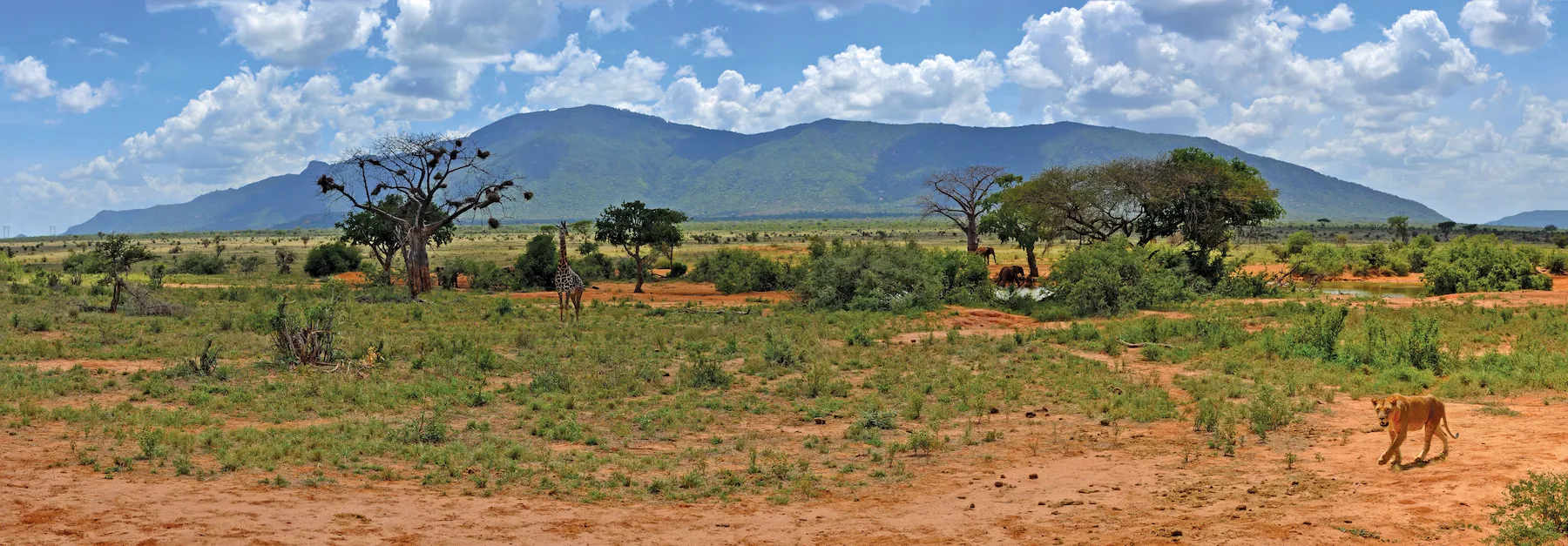African heads of state have endorsed the launch of the Programme for Infrastructure Development in Africa (PIDA), a multi-billion dollar initiative that will run through until 2040. Following their 18th summit, held in the Ethiopian capital Addis Ababa, they approved the implementation of the recommendations in the study on PIDA.
May 11, 2012
Read time: 2 mins
African heads of state have endorsed the launch of the Programme for Infrastructure Development in Africa (PIDA), a multi-billion dollar initiative that will run through until 2040.
Following their 18th summit, held in the Ethiopian capital Addis Ababa, they approved the implementation of the recommendations in the study on PIDA.
The study was a joint initiative of the African Union (AU), the1586 African Development Bank and the New Partnership for African Development (NEPAD) Planning and Coordination Agency.
PIDA’s main goal is to accelerate the delivery of Africa’s current and future regional and continental infrastructure projects in transport, energy, information and telecommunications technologies, as well as transboundary waterways.
Its projects are designed to support Africa’s regional and continental integration, and PIDA’s longer term goal is to enhance the physical integration of Africa, boost intra-African trade, and raise African competitiveness in the global economy.
This is based on expert projections that African countries will grow by an average of 6% a year until 2040, implying that over 30 years the GDP of African countries will multiply six-fold. This continuing growth and prosperity will swell the demand for infrastructure.
Alex Rugamba, the African Development Bank’s director for NEPAD, regional integration and trade, said: “We also foresee the creation of up to 15 million new jobs from the construction, operation and maintenance of PIDA projects. Many more millions of jobs will also be created indirectly through the increased economic activity that will result from PIDA projects.”
Following their 18th summit, held in the Ethiopian capital Addis Ababa, they approved the implementation of the recommendations in the study on PIDA.
The study was a joint initiative of the African Union (AU), the
PIDA’s main goal is to accelerate the delivery of Africa’s current and future regional and continental infrastructure projects in transport, energy, information and telecommunications technologies, as well as transboundary waterways.
Its projects are designed to support Africa’s regional and continental integration, and PIDA’s longer term goal is to enhance the physical integration of Africa, boost intra-African trade, and raise African competitiveness in the global economy.
This is based on expert projections that African countries will grow by an average of 6% a year until 2040, implying that over 30 years the GDP of African countries will multiply six-fold. This continuing growth and prosperity will swell the demand for infrastructure.
Alex Rugamba, the African Development Bank’s director for NEPAD, regional integration and trade, said: “We also foresee the creation of up to 15 million new jobs from the construction, operation and maintenance of PIDA projects. Many more millions of jobs will also be created indirectly through the increased economic activity that will result from PIDA projects.”







